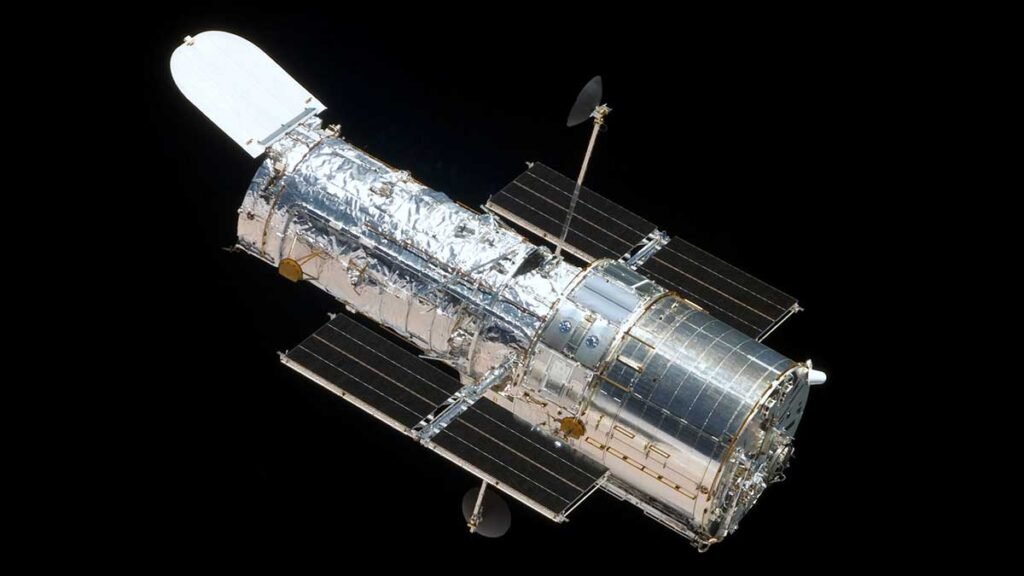The universe is a vast expanse that has fascinated scientists and non-scientists alike for centuries. One of the most important questions about the universe is how it is expanding and at what rate. Recent measurements by the Hubble Space Telescope have provided new insights into this question, suggesting that the universe is expanding faster than previously thought. In this article, we will explore these new findings and what they mean for our understanding of the universe.
The Hubble Space Telescope has been observing the universe for over three decades, providing astronomers with invaluable data about its structure and evolution. One of the key parameters that scientists have been measuring is the rate at which the universe is expanding, known as the Hubble Constant.

Previous measurements of the Hubble Constant had suggested that the universe is expanding at a rate of around 70 kilometers per second per megaparsec. However, new measurements using the Hubble Space Telescope have provided a different result. According to the latest measurements, the universe is expanding at a rate of around 73 kilometers per second per megaparsec. This may not seem like a large difference, but it has important implications for our understanding of the universe.
So, what does this new measurement mean? One possible explanation is that the universe contains more dark energy than we previously thought. Dark energy is a mysterious force that is thought to be driving the expansion of the universe. If there is more dark energy than we thought, then the expansion rate would be faster.
Another possibility is that there is some unknown physics at work that we don’t yet understand. This is a tantalizing possibility that could lead to new discoveries in the future.